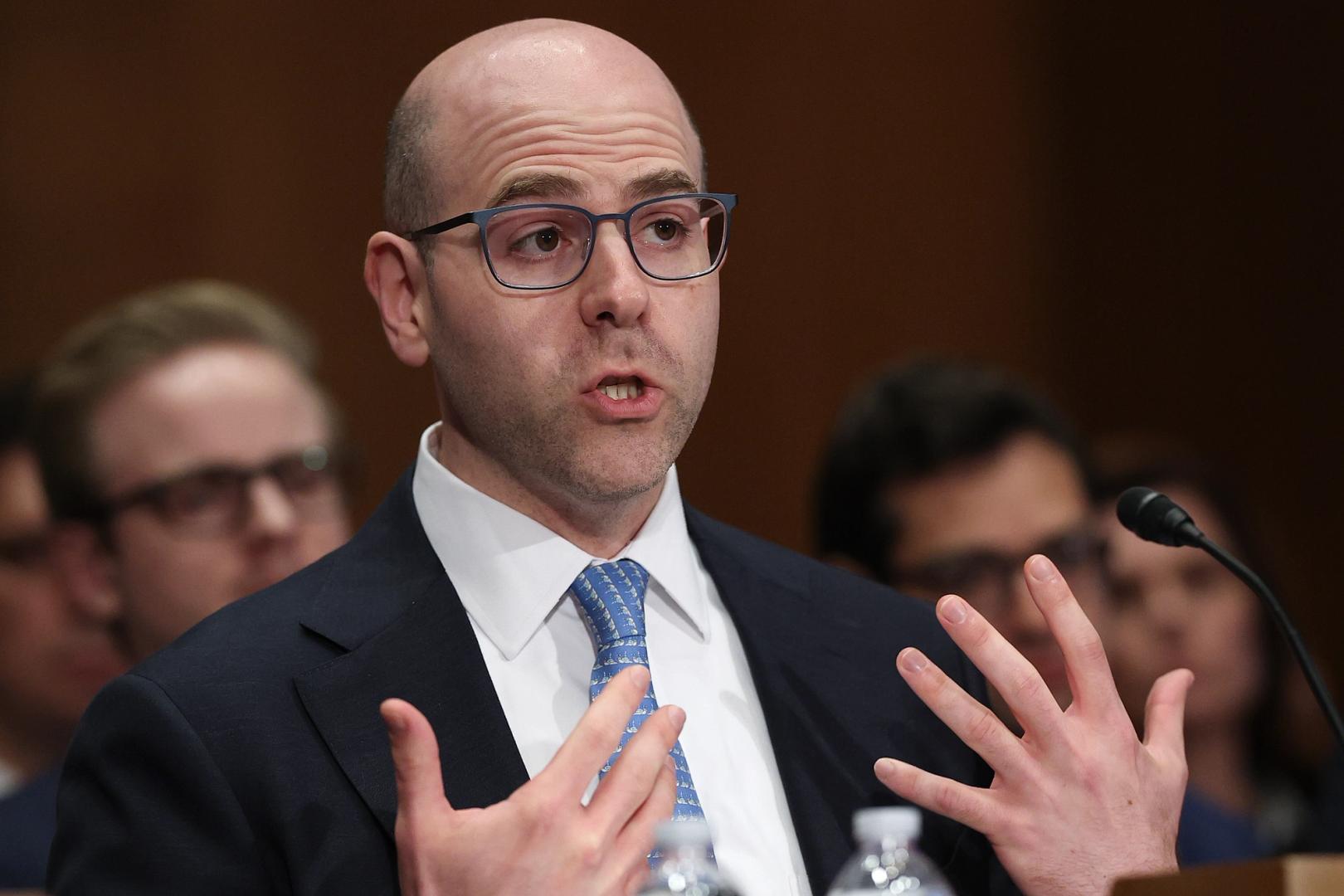SoftBank OpenAI Joint Venture: The Alarming Truth About AI Investment Sustainability
BitcoinWorld
SoftBank OpenAI Joint Venture: The Alarming Truth About AI Investment Sustainability
The cryptocurrency world understands hype cycles better than anyone, and now we’re witnessing something familiar in the AI sector. SoftBank’s return with a major OpenAI joint venture has industry watchers asking tough questions about whether we’re seeing genuine innovation or just sophisticated money movement. As crypto investors who’ve survived multiple boom-bust cycles, the patterns look unsettlingly familiar.
Is the SoftBank OpenAI Joint Venture Creating Real Value?
SoftBank and OpenAI announced a 50-50 joint venture called “Crystal Intelligence” to sell enterprise AI tools in Japan. While this appears to be standard international expansion, the relationship raises eyebrows. SoftBank isn’t just a partner—they’re a major investor in OpenAI, creating a circular investment pattern that cryptocurrency veterans will recognize immediately.
The Critical Question of AI Investment Sustainability
According to analysis from Bitcoin World’s Equity podcast, this deal exemplifies growing concerns about whether current AI investments are sustainable. The pattern of major investors funding companies that then form partnerships with those same investors creates an echo chamber of valuation inflation.
| Key Concern | Description | Cryptocurrency Parallel |
|---|---|---|
| Circular Investments | Investors funding companies they partner with | ICO self-dealing patterns |
| Valuation Inflation | Partnerships used to justify higher valuations | Exchange token listing cycles |
| Economic Substance | Questionable real economic value creation | Utility token value propositions |
Enterprise AI Tools: Market Demand or Hype?
The Crystal Intelligence venture aims to sell AI tools to Japanese enterprises, but industry experts question whether the market demand justifies the investment levels. Similar to cryptocurrency projects that promised enterprise blockchain solutions, the gap between promised utility and actual adoption remains significant.
- Enterprise adoption rates for AI tools remain below projections
- Implementation costs often exceed anticipated benefits
- Return on investment timelines extending beyond initial estimates
Growing AI Bubble Concerns Among Experts
At Bitcoin World Disrupt 2025, Box CEO Aaron Levie addressed whether we’re in an AI bubble. His perspective, while measured, acknowledged the concerning parallels with previous technology hype cycles. The shift from training models to inference might provide some reassurance, but the fundamental questions about economic value creation remain.
Venture Capital Trends in the AI Space
The broader venture capital landscape shows mixed signals. While Beta Technologies’ successful $1B IPO suggests thawing public markets, Andreessen Horowitz’s decision to shut down its Talent x Opportunity fund indicates selective pullback. The pattern resembles cryptocurrency venture funding during market transitions.
FAQs About SoftBank and OpenAI Partnership
What is the Crystal Intelligence joint venture?
A 50-50 partnership between SoftBank and OpenAI to sell enterprise AI tools in Japan.
Who are the key people involved?
The deal involves leadership from both companies, with Masayoshi Son representing SoftBank and Sam Altman from OpenAI.
What are the main concerns about AI investment sustainability?
Experts worry about circular investments, inflated valuations, and whether partnerships create genuine economic value versus simply moving money between related entities.
How does this relate to cryptocurrency market patterns?
The circular investment patterns and valuation concerns mirror behaviors seen during cryptocurrency hype cycles, particularly around ICOs and exchange token ecosystems.
What other companies are involved in similar partnerships?
Major tech firms including Meta, Alphabet, and various venture capital firms like Andreessen Horowitz are navigating similar AI investment dynamics.
The SoftBank-OpenAI partnership represents a critical test case for AI investment models. As cryptocurrency investors know all too well, when money starts moving in circles rather than creating genuine value, the eventual correction can be severe. The fundamental question remains: are we building sustainable AI businesses or simply inflating another bubble?
To learn more about the latest AI market trends, explore our article on key developments shaping AI institutional adoption and investment patterns.
This post SoftBank OpenAI Joint Venture: The Alarming Truth About AI Investment Sustainability first appeared on BitcoinWorld.
You May Also Like

U.S. Fed's Miran Says Policy Needs to Adjust to Stablecoin Boom That Could Reach $3T

Dogecoin Price Prediction For 2025, As Analysts Call Pepeto The Next 100x
